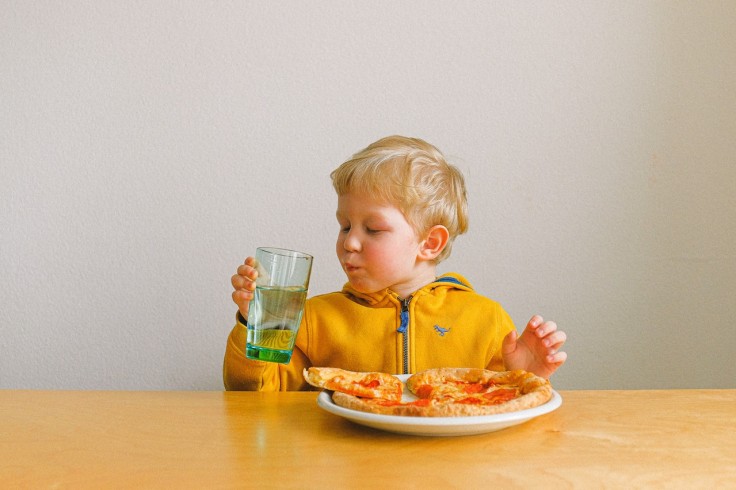
Kids who lack warmth from their parents are more likely to grow up overweight or obese, according to a pioneering study that determines parenting styles' effect on children's weight.
Parental warmth is key to a child's healthy weight. This is the conclusion of the newest revolutionary study from the U.K., as announced by researchers at the International Congress on Obesity, Wednesday in Melbourne, Fortune reported.
Researchers at Imperial College London analyzed 10,510 kids from England for the said study, which has already been peer-reviewed but not yet submitted for publication. Data revealed that children who are growing up under authoritarian parenting or also described as parents maintaining strict discipline and showing little warmth, and neglectful/uninvolved parenting or also described as parents who have few rules because they are emotionally uninvolved, had higher weight, on average, from childhood to adolescence.
Children who are not allowed to select a snack when hungry or are pressured to clean their plates even when they are not hungry could lead these kids not to develop their own capability to "regulate their own energy intake," which means that they can overeat when they have the opportunity.
On the other hand, the problem of neglectful parenting is that since there are no rules and parents do not care, children now have free rein to eat as much as possible and choose unhealthy foods over nutritious ones.
Parental warmth for a healthier child
President of the World Obesity Federation, Louise Baur, declared that the research just intensified the fact that today's world makes it challenging for kids and families to eat well, sleep well, be active physically and manage stress.
Thus, the president emphasized, "Parents who are able to set appropriate limits for their child, while bringing warmth and sensitivity to the relationship, may be better able to help their child be as healthy as possible."
Researcher Alexa Segal of the Centre for Health Economics & Policy Innovation at Imperial College London stated that the effects of parenting style on the weight of children are usually considered a "taboo subject." However, she explained that an extensive understanding of the connection between parenting style and childhood and adolescent obesity has significant potential to create efficient obesity policies and contribute to building effective health and nutrition programmes.
Childhood obesity is an ever-growing problem
Childhood obesity is a growing problem, not only in England but also in the United States.
More than a quarter of 4 and 5-year-olds are overweight or obese in England, and this figure even jumps to 40 percent for kids ages 10 to 11.
In the United States, there is 1 obese in every 5 American kids for the first time. According to a new nationwide health survey data analysis, obesity rates rose for U.S. kids between 2 and 5 years old and 12- to 19-year-olds of every race and ethnic background, from 2011 to 2012 and from 2017 to 2020.
Children who are obese are five times as likely to become obese in adulthood.
The Harvard School of Public Health stated that obesity critically reduces almost every aspect of health, from reproductive and respiratory function to memory and mood. It also has serious health consequences, including cancers, diabetes, heart disease, joint problems, asthma, and mental health struggles like anxiety and depression.
Study leader of the recent obesity rate survey in America, Amanda Staiano, warned that children who are overweight or obese and are not careful with their diets tend to perform worse in school, making obesity a serious problem in every area of a child's life.
Moreover, she stated that while children are unfortunately bearing the cost of obesity, parents are paying for the added healthcare costs of kids growing up and having diseases caused by it that need treatment.
Related Article : Authoritarian Parenting Style May Lead to Depression in Latino Kids
